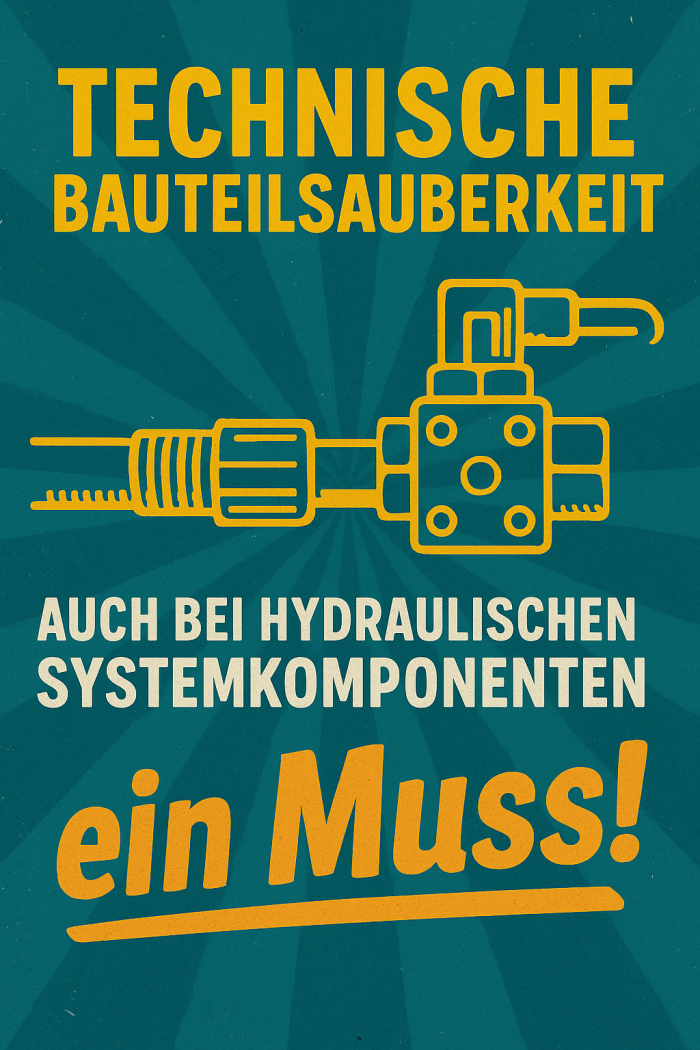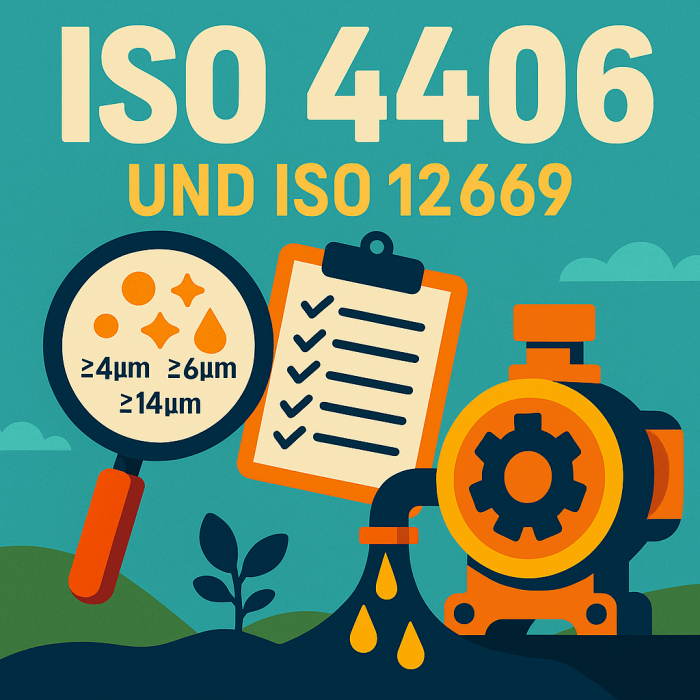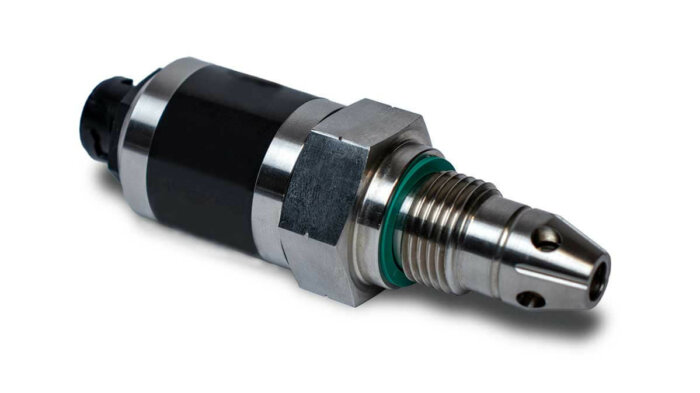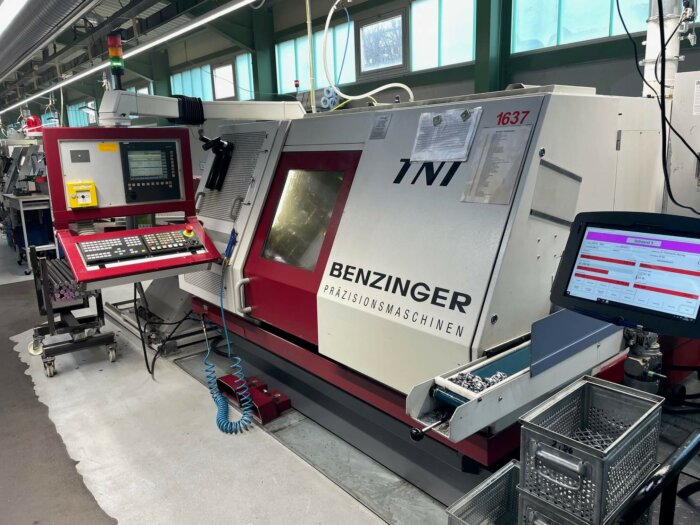Fluid care
Welcome to our category on fluid care, the heart of industrial and mobile hydraulic systems. In this section, we focus on the essential care and maintenance of hydraulic oils, which play a key role in the efficiency, performance and longevity of hydraulic systems.
Hydraulic oil is more than just a lubricant; it is a crucial factor that influences the precision and reliability of your machines. Our articles cover a wide range of topics: from selecting the right hydraulic oil to regular monitoring of oil quality and preventive maintenance strategies. You will learn how contaminants such as water, air and particles can affect hydraulic systems and how you can minimize downtime and maximize operational reliability through effective fluid care.
Whether you’re an industry professional or simply looking to expand your knowledge of hydraulic systems, our articles offer valuable insights and practical tips on how to best care for your hydraulic fluids. Dive into the world of fluid care with us and discover how you can improve the performance of your systems through targeted measures.
Technische Bauteilsauberkeit – auch bei hydraulischen Systemkomponenten ein Muss! Die Reinheitsklasse nach ISO 4406 ist aus dem Bereich der Hydraulik nicht mehr wegzudenken. Sie beschreibt die Partikelkonzentration im Öl und wird in drei Zahlenwerten wie z. B. 15/13/11 angegeben – je niedriger, desto sauberer. Doch während die Reinheit des Hydrauliköls zunehmend im Fokus steht, wird ein…
What do the numbers in the ISO 4406 code actually mean—and how are they determined? Anyone who works with hydraulic systems will sooner or later encounter the term “purity class according to ISO 4406” – often in the form of a combination of numbers such as 15/13/11.. But what do these figures actually mean in…
Our technical report in the current issue of Fluid 05/2024 Here you will find our latest technical report in the 05/2024 issue of Fluid on the subject of fluid management and fluid maintenance.
Fluidpflege.de – specialist magazine for oil care Discover the new specialist magazine on the topic of fluid management now! At a time when machines and technical systems have to meet ever higher demands, the care and monitoring of oils is of central importance for their longevity and efficiency. Our specialist magazine is dedicated to this…
Oil quality sensor LOQS – monitoring oil quality around the clock The LOQS oil quality sensor gives you control over real-time monitoring of oil deterioration, contamination, oil condition, and water ingress. Expensive oil changes are thus carried out based on the actual oil condition rather than a rigid schedule. The LOQS oil quality sensor reliably…
Test report oil service device FAPC2 016, Schuhmacher Präzisionsdrehteile GmbH Customer: Schuhmacher Präzisionsdrehteile GmbH is a competent partner for the development and manufacture of precision turned parts and assemblies for a wide range of industries and applications. They are an OEM partner and Tier X supplier with years of experience. As a family business, Schuhmacher…
No two hydraulic oils are the same …or “Does hydraulic-oil mixing also mean hydraulic-oil compatibility?” The user of hydraulic oils must know: “No two oils are the same!” Practical experience shows that even hydraulic oils from different manufacturers that meet the same specifications differ quite significantly from one another. 1. cavitation in the valve due…
ISO 4406, the purity classes and more… What is behind ISO 4406? ISO 4406 is a standard, a system for coding the purity of a medium. Cleanliness classes can be determined and defined using this standard; many manufacturers of hydraulic components and systems use these cleanliness classes to ensure safe and long-term operation of the…
The cleanliness classes according to ISO 4406, important for oil cleanliness! Oil purity according to ISO 4406: 20/17/14 You may have read this in your hydraulic system manual or on product data sheets, but what does it actually mean? The cleanliness of the oil is usually important Purity classes ISO 4406 is given as a…
Determination of the purity of oil, the purity classes… In addition to the basic properties of “viscosity” and “wear protection”, the purity of lubricating and hydraulic oils is particularly crucial for the safe operation of machines and systems. The degree of contamination of the oil is determined by the size and number of particles present…







